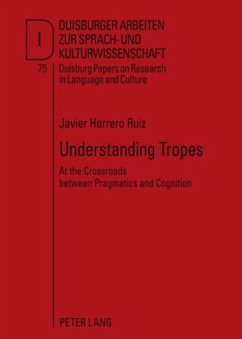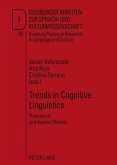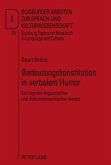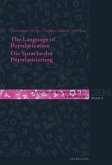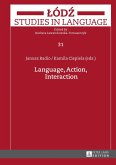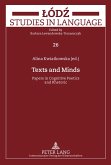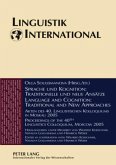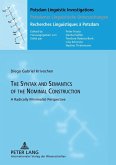This book attempts to analyse irony, paradox, oxymoron, overstatement, understatement, euphemism, and dysphemism from the point of view of both Cognitive Linguistics and Pragmatics. In order to do so, we have regarded each trope as a cognitive model, and observed that the various ICMs that resulted from this approach had in common an essential feature: they were all constructed around the creation of contrasts. Also, we have developed a common processing model for these ICMs, which shows that these so-called figures of speech can be fully considered conceptual mechanisms of meaning creation and derivation. Apart from determining which specific pragmatic implications these models bring about and studying their underlying cognitive operations, we have argued that they should be described in terms of the contextual effects they produce. Therefore, a new classification and definition of these tropes is provided.

